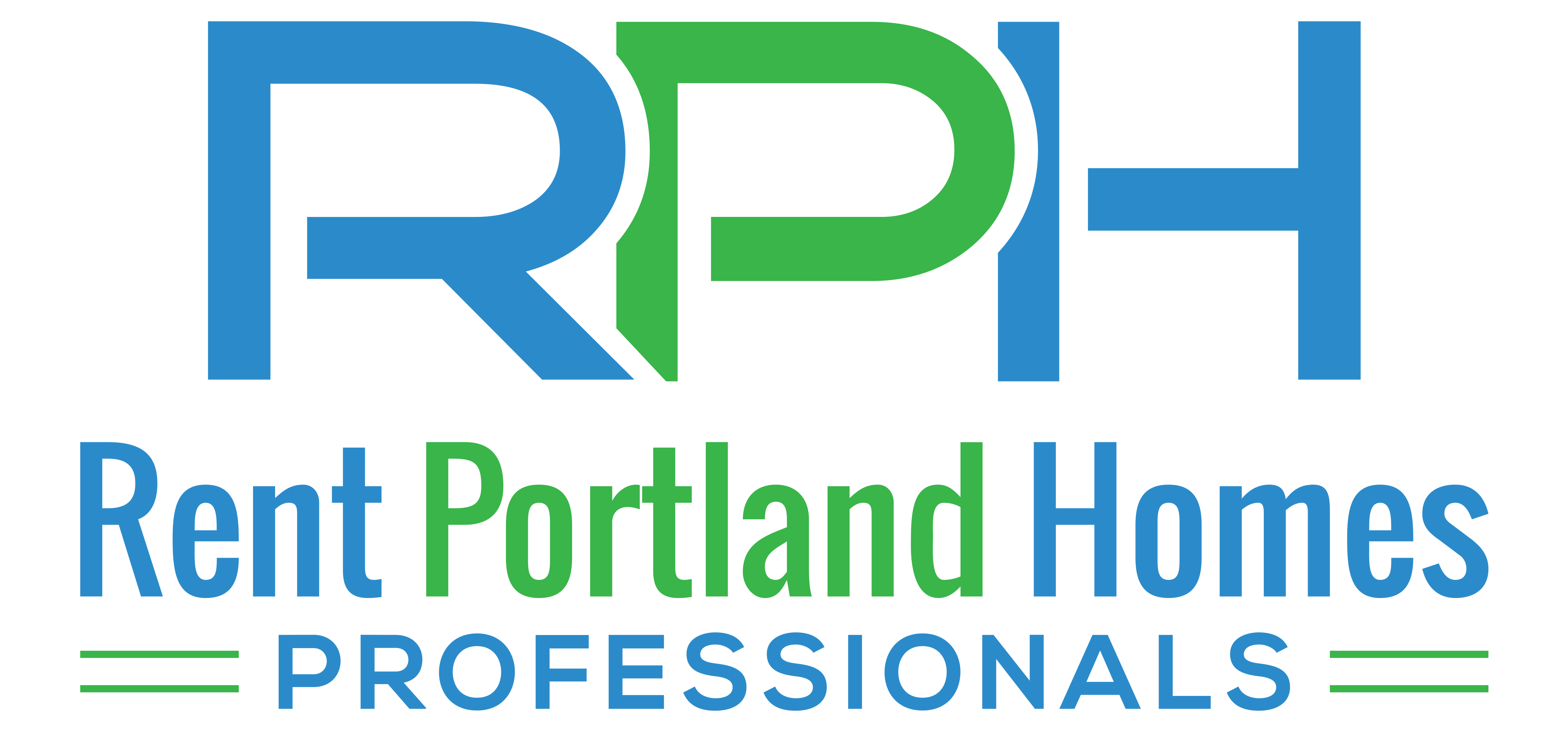The Ultimate Guide to Generating Passive Income: Strategies for Success with Rental Properties

Owning rental properties is certainly a great way to earn passive income and enjoy financial freedom. Imagine earning money while you sleep, without having to trade your time for a paycheck.
One of the most effective ways to achieve passive income is through rental properties. In this ultimate guide, we will explore the strategies for success with rental properties, giving you the knowledge and tools to start generating passive income.
Why rental properties are a great source of passive income
Rental properties offer a multitude of advantages when it comes to generating passive income. Firstly, they provide a steady stream of cash flow. As a landlord, you can collect rent from your tenants on a monthly basis, creating a reliable source of income. Additionally, rental properties have the potential for long-term appreciation. Real estate tends to increase in value over time, allowing you to build equity and increase your net worth. Furthermore, rental properties offer tax benefits. Expenses related to the property, such as mortgage interest, property taxes, and repairs, can be deducted from your taxable income. These advantages make rental properties an attractive option for generating passive income.
Steps to successfully invest in rental properties
Investing in rental properties requires careful planning and execution. Here are the steps to follow for a successful investment:
1. Set your investment goals
Before diving into the world of rental properties, it is important to define your investment goals. Are you looking for short-term cash flow or long-term appreciation? Do you want to invest in residential or commercial properties? Clarifying your goals will help you make informed decisions throughout the investment process.
2. Research the market
Thorough market research is crucial when investing in rental properties. Look for areas with high demand for rentals and low vacancy rates. Consider factors such as job growth, population trends, and amenities in the area. This information will help you identify the best locations to invest in.
3. Create a budget
Having a budget is essential to ensure the profitability of your rental property investment. Calculate all the expenses involved, including the purchase price, closing costs, repairs, and ongoing maintenance. Determine the rental income you can expect and analyze whether it covers all your expenses while leaving room for profit.
Finding the right rental property for investment
Once you have defined your investment goals and created a budget, it’s time to find the right rental property to invest in. Here are some tips to help you in your search:
1. Determine your criteria
Consider the type of property you want to invest in, whether it’s single-family homes, multi-unit buildings, or commercial spaces. Define your preferred location and the amenities you want the property to have. Having clear criteria will streamline your search and save you time.
2. Utilize online resources
There are numerous online platforms that can help you find rental properties for investment. Websites like Zillow, Realtor.com, and LoopNet allow you to search for properties based on your criteria. Utilize their advanced search filters to narrow down your options and find properties that meet your requirements.
3. Network with real estate professionals
Networking with real estate professionals can give you access to off-market deals and insider information. Attend local real estate events, join investor groups, and connect with real estate agents and property managers. These connections can provide valuable insights and help you find the right rental property for investment.
Financing options for rental property investments
Once you have found the perfect rental property, the next step is to secure financing. Here are some financing options to consider:
1. Traditional bank loans
Traditional bank loans are a common financing option for rental property investments. These loans typically require a down payment of 20% to 30% and have competitive interest rates. However, they often come with strict qualification criteria and lengthy approval processes.
2. Private lenders
Private lenders, such as individuals or small companies, can provide alternative financing options for rental property investments. These lenders may offer more flexible terms and faster approval processes. However, interest rates may be higher than traditional bank loans.
3. Seller financing
In some cases, the property seller may be willing to finance part or all of the purchase price. This can be an attractive option, especially if you have difficulty securing traditional financing. Negotiate with the seller to determine the terms and conditions of the financing agreement.
Understanding property management for passive income
Efficient property management is crucial for generating passive income from rental properties. Here are the key aspects to consider:
1. Tenant screening
Finding reliable tenants is essential for a successful rental property investment. Implement a thorough tenant screening process, including background checks, credit checks, and rental history verification. This will help you avoid potential issues and ensure a smooth rental experience.
2. Lease agreements
A well-drafted lease agreement is the foundation of a successful landlord-tenant relationship. Clearly outline the terms and conditions, including rent payment dates, late fees, maintenance responsibilities, and lease duration. Consult with a legal professional to ensure that your lease agreement complies with local laws and regulations.
3. Maintenance and repairs
Regular maintenance and timely repairs are essential for maintaining the value and appeal of your rental property. Establish a network of reliable contractors and vendors to handle maintenance requests. Conduct periodic inspections to identify any issues and address them promptly.
Tips for effectively managing rental properties
Managing rental properties can be challenging, but with the right strategies, it can be a rewarding experience. Here are some tips for effective property management:
1. Communication is key
Maintain open lines of communication with your tenants. Promptly respond to their inquiries and address any concerns they may have. Clear and effective communication will help build trust and foster a positive landlord-tenant relationship.
2. Stay organized
Develop a system to keep track of rent payments, expenses, and maintenance requests. Utilize property management software or spreadsheets to maintain accurate records. Staying organized will streamline your property management tasks and ensure that nothing falls through the cracks.
3. Continuously educate yourself
The rental property market is constantly evolving, and it’s important to stay informed about the latest trends and regulations. Attend seminars, read books and articles, and join online forums to expand your knowledge. Continuously educating yourself will help you make informed decisions and adapt to changes in the market.
Strategies for maximizing rental property profits
Maximizing rental property profits requires a proactive approach and strategic decision-making. Here are some strategies to boost your rental property income:
1. Increase rent strategically
Regularly assess the rental market in your area and adjust the rent accordingly. Consider factors such as demand, vacancy rates, and property upgrades. Incremental rent increases can significantly impact your rental property profits over time.
2. Add value to your property
Make improvements to your rental property that will increase its value and appeal to tenants. This could include upgrading appliances, renovating kitchens and bathrooms, or adding amenities such as a gym or a pool. Adding value to your property can justify higher rental rates and attract quality tenants.
3. Consider short-term rentals
If your property is located in a tourist destination or a city with high demand for short-term accommodations, consider renting it out on platforms like Airbnb or VRBO. Short-term rentals can generate higher rental income, especially during peak travel seasons. However, make sure to familiarize yourself with local regulations and obtain any necessary permits.
Common challenges in rental property management and how to overcome them
While rental properties offer great potential for passive income, they also come with their fair share of challenges. Here are some common challenges and strategies to overcome them:
1. Dealing with difficult tenants
Difficult tenants can be a headache for landlords. Establish clear policies and procedures to address issues such as late rent payments, property damage, or noise complaints. If necessary, consult a legal professional to ensure that you handle difficult tenants within the boundaries of the law.
2. Minimizing vacancies
Vacancies can have a significant impact on your rental property profits. To minimize vacancies, ensure that your property is well-maintained and attractive to potential tenants. Consider offering incentives such as reduced rent for the first month or referral bonuses to encourage tenant retention.
3. Eviction process
In unfortunate circumstances where eviction becomes necessary, familiarize yourself with the eviction process in your jurisdiction. Follow the proper legal procedures and consult with a lawyer if needed. It’s important to handle evictions in a fair and lawful manner to protect your rights as a landlord.
Resources for learning more about rental property investments
Building a successful rental property portfolio requires ongoing education and learning. Here are some valuable resources to expand your knowledge:
- Books: “The Book on Rental Property Investing” by Brandon Turner and “The ABCs of Real Estate Investing” by Ken McElroy provide comprehensive insights into rental property investments.
- Online courses: Platforms like Udemy and Coursera offer online courses on real estate investing and property management. Look for courses specifically tailored to rental property investments.
- Real estate forums: Participate in online forums such as BiggerPockets and Reddit’s real estate investing community. Engage with experienced investors and gain insights from their experiences.
Investing in rental properties is a tried and true method for generating passive income but hiring a property management company is even better because a property manager will help you to continue earning passive income from your rental property.
At Portland Rental Management, we specialize in local property management for the PDX area. To learn more about us, or to get a quote, contact us today by calling (503) 791-4610 or click here to connect with us online.









